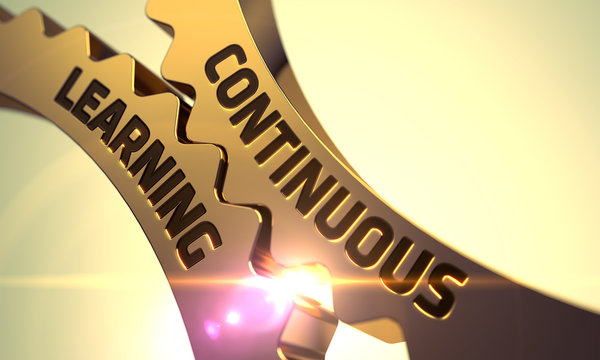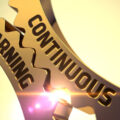
In today’s rapidly evolving job market, the pursuit of knowledge and skills has become more critical than ever. Continuous learning not only enhances your expertise but also fosters career success. In this article, we will explore the significance of continuous learning, the growth mindset, identifying learning opportunities, balancing learning with work, and the profound impact of lifelong learning on your career.
Section 1: The Significance of Continuous Learning
1.1 The Changing Landscape of Work
The nature of work is constantly evolving due to technological advancements and global market trends. To thrive in such an environment, professionals must adapt and grow their skillsets continuously.
1.2 The Role of Continuous Learning in Career Success
Continuous learning is a pathway to career success. It equips you with up-to-date knowledge and valuable insights, making you a more competitive and sought-after professional.
Section 2: Embracing a Growth Mindset
2.1 Cultivating a Growth Mindset
Developing a growth mindset is crucial for continuous learning. Embrace the belief that your abilities can be developed through dedication and hard work. This mindset fosters resilience and a willingness to take on new challenges.
2.2 Embracing Challenges as Learning Opportunities
View challenges as opportunities to learn and grow. Embrace them with curiosity and a positive attitude, as overcoming obstacles can lead to significant personal and professional development.
Section 3: Identifying Learning Opportunities
3.1 Formal Education and Online Courses
Formal education, such as degree programs and certifications, provides a solid foundation of knowledge. Additionally, online courses offer flexible and accessible learning opportunities in a wide range of subjects.
3.2 Workshops, Seminars, and Webinars
Workshops, seminars, and webinars offer focused and practical learning experiences. These events often feature industry experts sharing valuable insights and best practices.
3.3 Professional Conferences and Networking Events
Professional conferences and networking events present opportunities to learn from experts, exchange knowledge with peers, and stay updated on industry trends.
Section 4: Balancing Learning and Work
4.1 Creating a Learning Plan
Develop a learning plan that aligns with your career goals. Set clear objectives and identify the skills and knowledge you wish to acquire. Break down your plan into achievable milestones.
4.2 Incorporating Learning into Daily Life
Integrate learning into your daily routine. Allocate time for reading industry-related articles, listening to podcasts, or engaging in short online courses. Consistent, small steps can lead to significant progress over time.
Section 5: The Impact of Continuous Learning
5.1 Improved Job Performance
Continuous learning enhances your job performance, allowing you to execute tasks with greater proficiency and efficiency.
5.2 Increased Opportunities for Advancement
Professionals who actively seek knowledge and skill development are often considered for promotions and leadership roles.
5.3 Enhancing Adaptability and Resilience
Continuous learners are better equipped to adapt to changes and uncertainties in the workplace. They demonstrate resilience in the face of challenges.
Conclusion
Embracing continuous learning is an essential aspect of career success. By adopting a growth mindset, seeking learning opportunities, and integrating learning into your daily life, you can expand your knowledge and skills. The impact of continuous learning extends beyond improved job performance to increased opportunities for advancement and enhanced adaptability. Embrace the journey of lifelong learning, and you will be well-positioned to thrive in the dynamic world of work.









